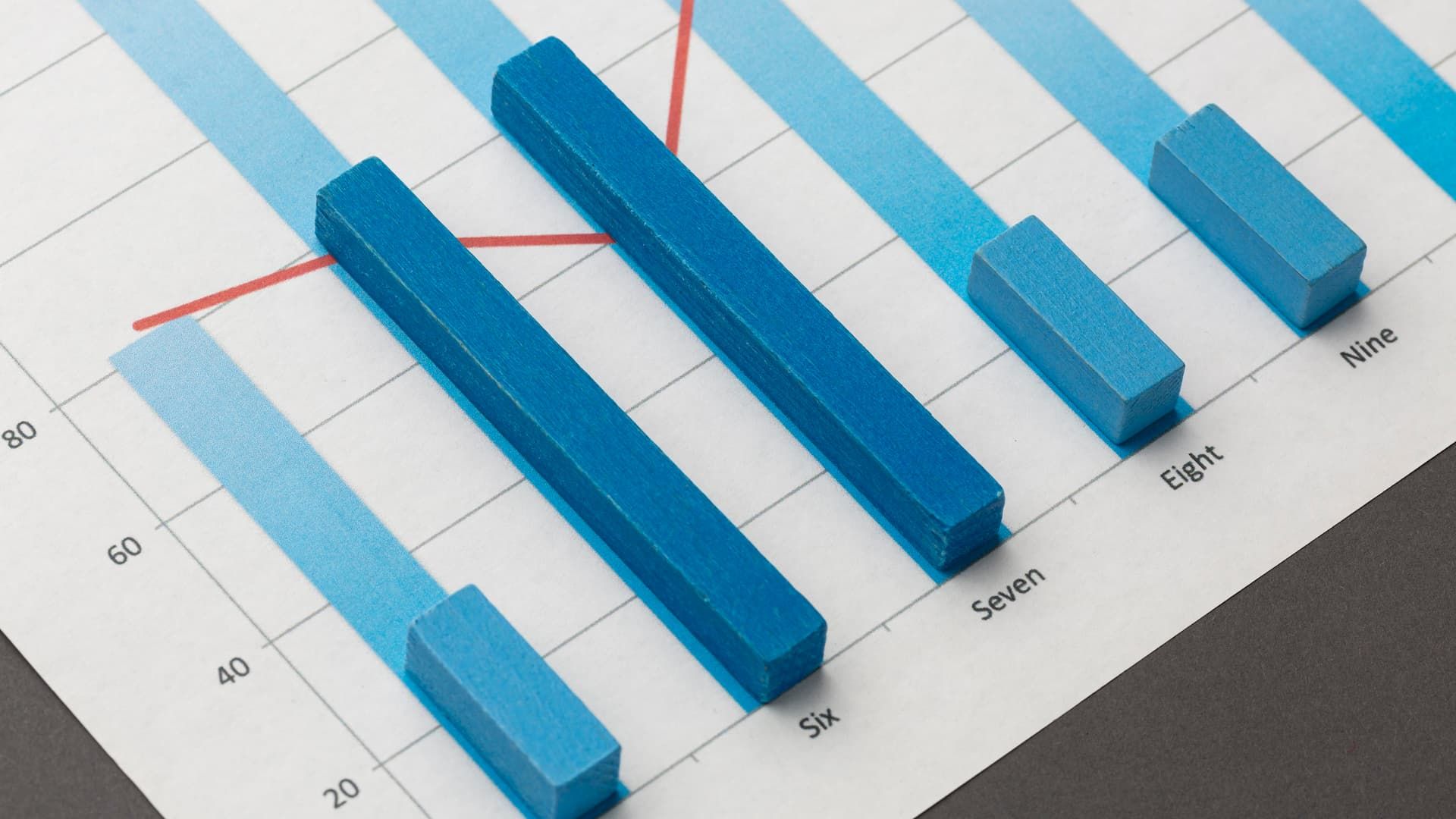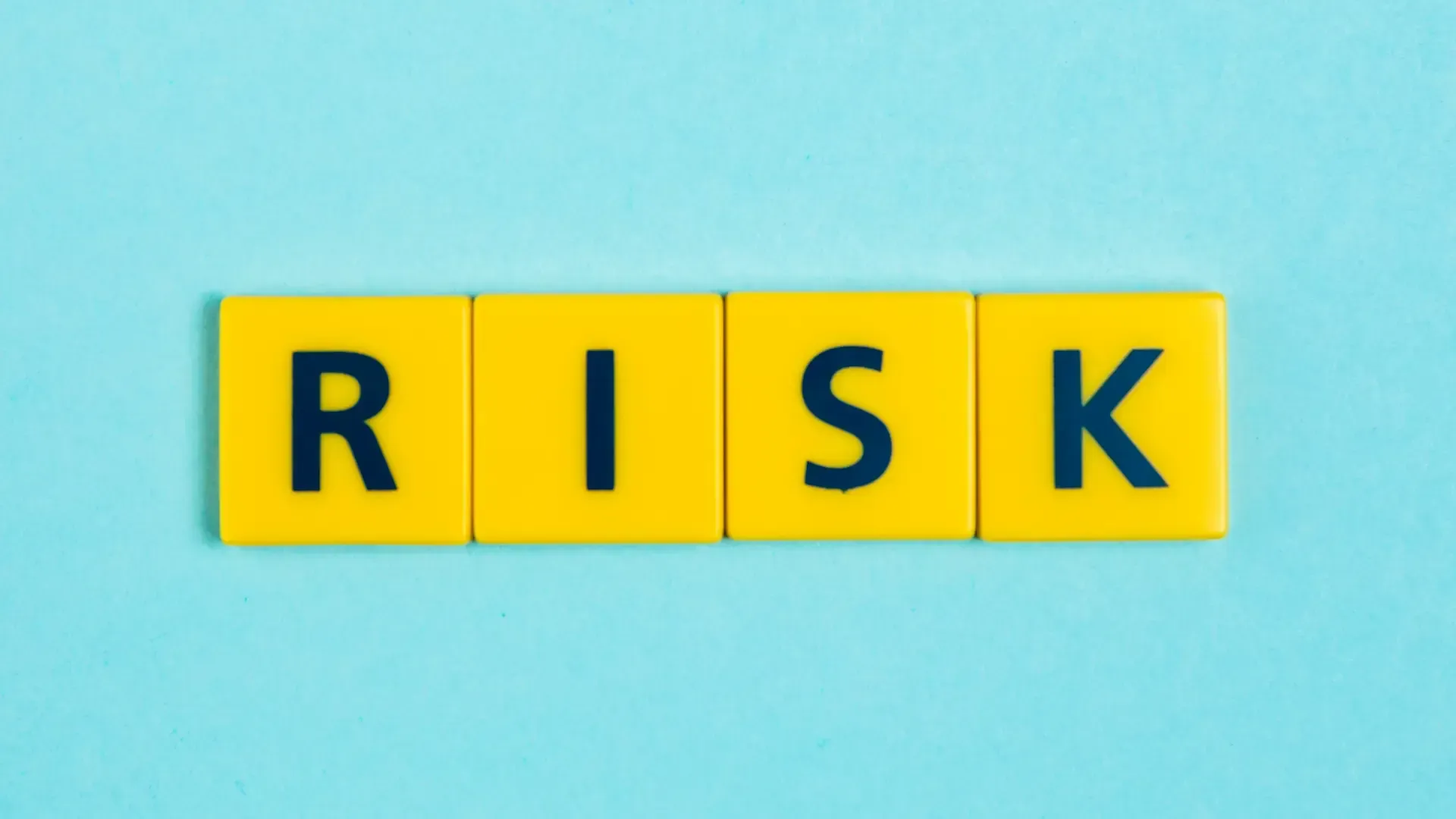If you ask a group of traders what makes the difference between success and failure, you might expect answers like “better indicators” or “smarter analysis.” But more often than not, the real challenge is not the chart in front of them. It’s the voice inside their own head. The psychology of trading plays a huge role in how decisions are made. Fear, greed, and overconfidence sneak in and push traders into actions that their logical side would never approve of.
Markets will always be unpredictable. What we can control is how we react. This is why mastering trading psychology is just as important as building a reliable strategy. In this guide, we’ll look at how emotions affect traders, the common traps that lead to losing money, and the steps you can take to build a healthier mindset for long-term trading success. For those ready to put these lessons into practice, 24Markets.com offers the tools and trading environment to help you stay disciplined and focused.
Understanding Trading Psychology
What is the psychology of trading?
The psychology of trading is about the mental state and emotions that shape every choice you make in the market. It’s not just theory; it’s the reason two traders can look at the same price action and make completely different decisions. Confidence, patience, and emotional control all come into play. Successful traders don’t simply have better setups; they know how to stay calm, stick to their trading plan, and trust their proven systems even when markets are chaotic.
How emotions impact trading decisions
Emotions influence every trading day, whether we admit it or not. Fear can cause a trader to exit trades early, locking in small profits but missing the larger move. Greed can turn a profitable trade into a loss when someone refuses to stick to profit targets. Overconfidence often arrives after a few winning trades, convincing traders that they can’t be wrong, which leads to oversized positions and poor risk management. Each of these feelings creates emotional reactions that override rational decisions.
Common psychological traps in trading
Every trader encounters the same psychological traps at some point.
-
Fear of missing out: jumping into moves too late because other traders are already in.
-
Analysis paralysis: spending so much time studying charts and past trades that no decision gets made.
-
Revenge trading: trying to win back lost money by rushing into new positions.
-
Overtrading: taking too many setups in a single trading day due to impatience or overconfidence.
The first step to overcoming these traps is recognizing them. Once you can see the pattern, you can take steps to stop it. Features like stop loss orders, position sizing calculators, and built-in risk tools on 24Markets.com help traders manage risk and avoid making emotional trading decisions.
Building a Strong Trading Mindset
Overcoming fear in trading
Fear is part of trading, and it shows up in different ways: fear of losing money, fear of being wrong, and fear of missing opportunities. The way to overcome fear is not to ignore it, but to manage it with structure. A clear risk reward ratio, defined entry points, and stop loss strategies make it easier to focus on the trade itself rather than the what-ifs. When you already know your worst case scenario, fear has less control over you.
Managing overconfidence and greed
Winning trades feel great, but they can be dangerous if they lead to overconfidence. Many traders increase position size too quickly after a run of profitable trades, only to face bigger potential losses. Greed works the same way, pushing traders to hold positions long after profit targets were met. The solution is discipline: follow your trading plan, respect your risk limits, and remind yourself that trading success comes from consistency, not one big win.
Emotional control and the decision-making process
The decision making process can break down when emotions are high. Loss aversion, excitement, and frustration all interfere with judgment. Building emotional control is not about being cold or robotic, but about having habits that keep you steady. Breathing exercises, journaling past trades, and taking short breaks after a losing trade are practical tools. These small steps help you stay focused, avoid self sabotage, and make rational decisions instead of impulsive ones.
Structuring Your Trading Routine
Developing a trading plan
A trading plan is your roadmap. It spells out when you enter trades, when you exit trades, how you size your positions, and what your risk reward ratio should look like. Without it, feelings guide your choices, and that usually leads to mistakes. With it, you have a framework that makes sense even when market movements are fast and unpredictable.
Creating a consistent trading routine
Consistency builds confidence. Traders who build a routine, checking markets at the same time each day, reviewing open positions, and noting profit targets, remove some of the guesswork from trading. This routine reduces emotional reactions and helps identify areas that need improvement over time.
Using a trading journal effectively
A trading journal is not just about writing down numbers. It’s about reflecting on why you entered a trade, how you felt during it, and what outcome you achieved. Reviewing past trades shows patterns: maybe you cut winners too early, or you kept entering trades after losing streaks. These insights help you adjust both strategy and mindset, leading to better trading outcomes in the future.
Position sizing and risk management
Position sizing is a key part of protecting trading capital. Many losing trades come not from being wrong about direction, but from risking too much on a single idea. Proper position sizing ensures that one mistake does not damage your account. On 24Markets.com, traders can use built-in calculators to apply precise sizing, making sure their capital is protected while still leaving room for profitable trades.
Incorporating stop loss strategies
Stop loss orders are both financial and psychological safeguards. They cap potential losses and prevent poor decisions caused by emotions like fear and greed. Having a stop loss in place frees you from watching every tick of the market and helps you focus on other aspects of your trading strategy.
Advanced Psychological Strategies
Handling the fear of missing out (FOMO)
The fear of missing is one of the hardest emotions to manage. It’s frustrating to see a stock or currency pair take off without you, but chasing late often leads to losing money. The best way to deal with FOMO is to remember that markets never stop. There will always be another setup. Sticking to your strategy and only taking trades that fit your plan helps avoid poor entries and missed profit targets.
Adapting trading strategy to emotional state
Some trading days feel different. After a string of losing trades, frustration might cloud your judgment. After a run of winning trades, overconfidence might tempt you to risk too much. Adapting your trading strategy to your emotional state is smart risk management. That could mean reducing position size, setting tighter stops, or even taking the day off. Successful traders know that protecting their capital and avoiding additional risk is more important than forcing a trade when their mental state is off.












